Safety Precautions while Working with Different Hand Tools
(A) Screw Drivers
1. When working on electrical equipment use only a screw driver with an approved handle.
2. One should wear goggles when re-sharpening screw-driver tips.
3. Screws with burred heads are dangerous and must be replaced or the burrs removed with file or an abrasive cloth.
4. One should use the correct tip of screw drivers while screwing. Too arrow or too wide tip will damage the work.
(B) Wrenches
1. One should not hammer a wrench to loosen a stubborn fastener, unless the tool has been specially designed for such treatment.
2. Always pull on a wrench. One can have more control over the tool if pulling instead of pushing and there is less chance of injury.
3. It is dangerous practice to lengthen the wrench handle for, additional leverage. Use a larger wrench.
4. Choose a wrench that fit properly. A loose fitting wrench may slip and round off the corners of the bolt head and nut.
5. When using wrenches clean grease or oil from the floor in the work area. This will reduce the possibility of slipping and losing balance.
(C) Hammers
1. One should not operate the hammer unless its head is tightly fixed to the handle.
2. Place the hammer on the bench carefully. A falling hammer can cause serious foot injuries.
3. Never strike two hammers together. The faces are very hard and the blow might cause a chip to break off.
4. Never hold the hammer too far on the handle when striking a blow.
5. Unless the blow is struck squarely, the hammer may glance of the work.
Reference Introduction to basic Manufacturing Processes and Workshop Technology by Rajender Singh.
For engineering project visit this page regularly for know more things related project ideas. Click here to see Ideas of Projects. Engineers Gallery. All the Best!
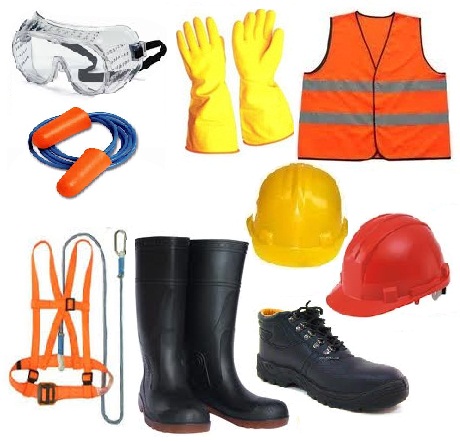
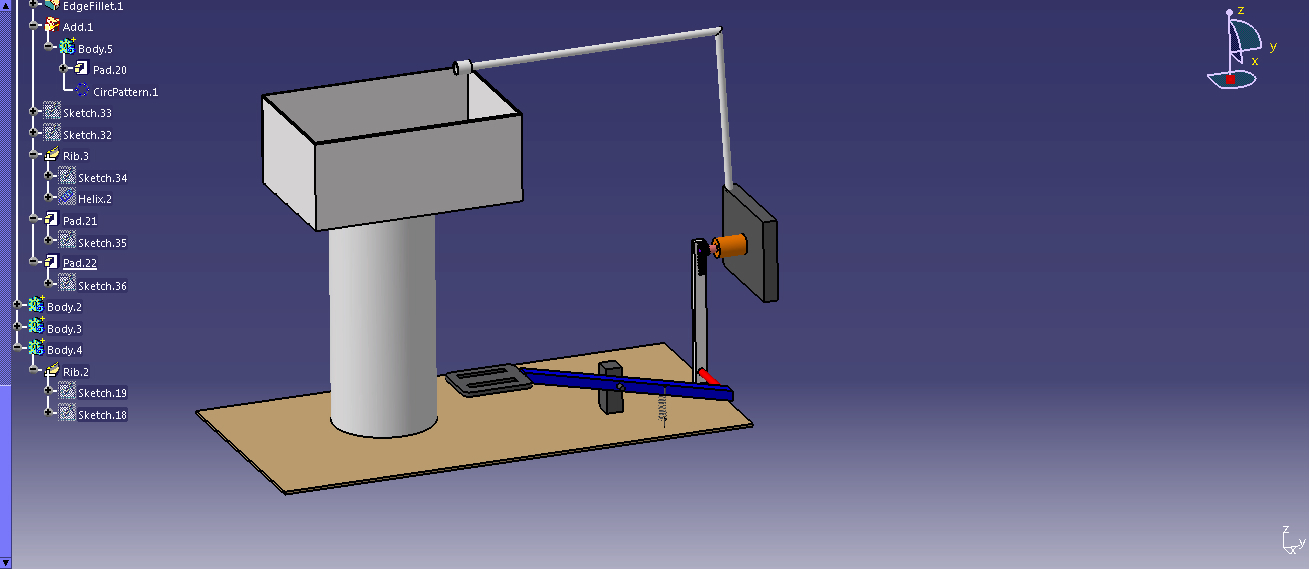


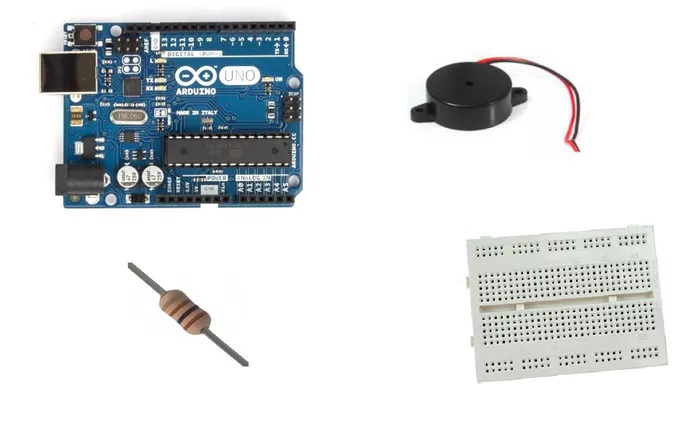
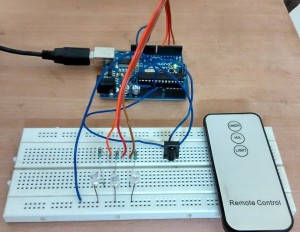

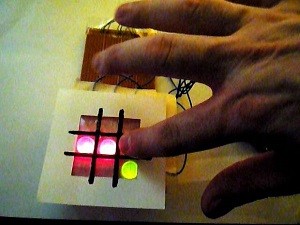
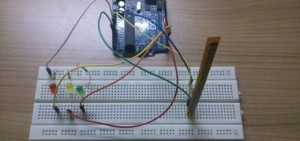
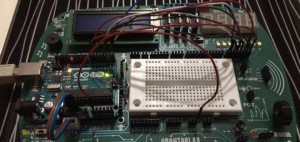
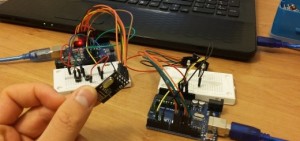
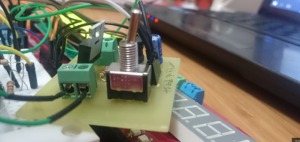
Post Comment
You must be logged in to post a comment.